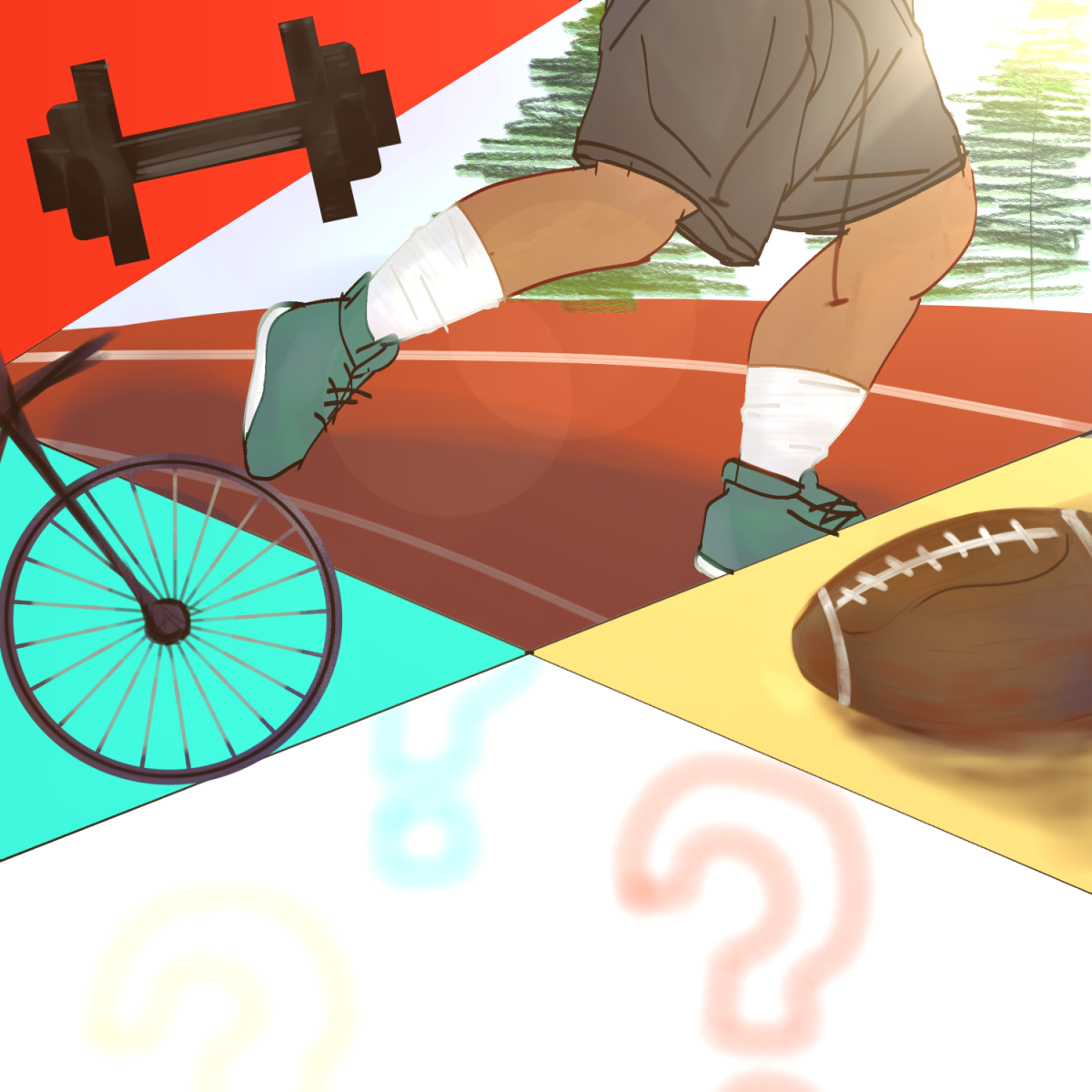Every February, Issaquah High School students are reminded that they have yet another year to complete (except seniors!). And with this reminder comes the process of course selection. Without fail, all I hear around me is, what courses are you taking next year? And while this is a friendly sentiment there is always a hidden undertone to this question. How many APs are you taking next year? And thus, the answer to that question leads to assumption about students’ intellectual capabilities. Students have gained this attitude and there seems to be no reason as to why. However, upon digging deeper, we can see that a big part of this fear is AP’s themselves and how APs provide an environment where comparison and competitiveness consume students’ lives.
Issaquah High School contains a variety of students, all gifted and special in several diverse ways. However, almost any student at this school can attest to the competitive nature of the student body. This competitiveness is even more apparent in AP class circles. The College Board, The creator of AP courses defines AP’s as “college-level courses and exams that you can take in high school.” While that is the official definition of AP courses, they hold much more weight than imaginable.
There are 39 AP courses, which can be chosen to take in accompaniment with the official exams, or even just the exam without the course. The variety in AP courses is something to admire as they range from AP Art to AP Computer Science. While AP courses are described as college level courses, it has been heard from many college students that AP classes are harder than normal college courses. Rishi Bathina, a junior at University of Washington, states that, “AP’s pack so much course work in one year, and the content they cover is just too difficult to be so fast paced.” There are a multitude of reasons why people choose to take AP courses.
Senior Evanka Singh, who has taken more than 4 AP courses says that “AP classes definitely helped my transcript.” While AP courses thoroughly challenge students and make transcripts appear particularly appealing to colleges, they also come with their fair share of disadvantages. First, a passing score on the AP exam is believed to be a way to earn college credit, but it is true that often credit does not transfer over into college. So, students who excelled in their AP exams and courses in the past would have to retake that same course in college despite their effort. The main reason that AP courses cause more grief than reward is the idea of academic validation and resentment.
Fighting for academic scholarity can negatively impact students’ overall well-being in many ways, but the most common chronic result tends to be stress and anxiety with a loss of self-confidence, which is a cause of reliance on academic validation. In the climate of competitive schools (like IHS), students are often encouraged to make grades and AP courses their main focus at the expense of their physical and mental health. Another issue is constant comparison with other students, which puts them under unbearable pressure to be perfect. Sophomore Yasmina Royal says, “It is hard for me not to compare myself with people who have a heavier course load.” With high self-expectations and comparisons with others, students’ self-worth often becomes dependent on their academic performance. Burnout is a natural consequence when students overextend themselves to fulfill the high demands they, their parents, and their school put on them. Darling Downs Health defined burnout as “a state of complete mental, physical, and emotional exhaustion.” There is also the fear of being a failure and the stigma of not taking enough AP classes, which can trigger feelings of inadequacy and the impostor syndrome. Freshman Aaryan Day states, “I felt a lot of pressure to put AP’s down on my coursework because of other students.” Students often sacrifice important aspects of their physical health, like sleep, diet, and movement. The desire to have the most impressive transcript that is based purely on what is impressive to others often discourages students from following their passions and interests. They take classes because they think they will look better on their college applications instead of choosing based on their interests. This dedication to a perfect transcript robs students of the pursuit of topics and classes that align with their interests. Finally, the battle for academic honor often blinds students and educators to other types of intelligence and success. There are so many important types of intelligence, not just the traditional IQ score, that matter in adulthood. Emotional intelligence, artistic talent, and social skills are just a few examples of abilities that are undervalued. In the end, the constant struggle for academic honor creates an unhealthy school culture where grades are the primary measure of success and students are left emotionally exhausted and ill-equipped to handle the complex world outside the classroom. AP classes are just another way that this unhealthy school culture gets perpetuated.
The urge to get into one’s dream school is overwhelming, and this pressure is even more crushing when everyone else seems to be monitoring your progress and journey into your hopeful acceptance. This constant spotlight is what makes high schoolers seem to want to fluff up their transcript with as many APs as possible. Junior Abigail Elperin shines some light on her experience doing Running Start instead of taking the traditional high school pathway full of AP’s: “I love doing Running Start and it is like I am still taking what AP courses are supposed to offer – just with more time on my hands.” Remember, there is more than one option!






